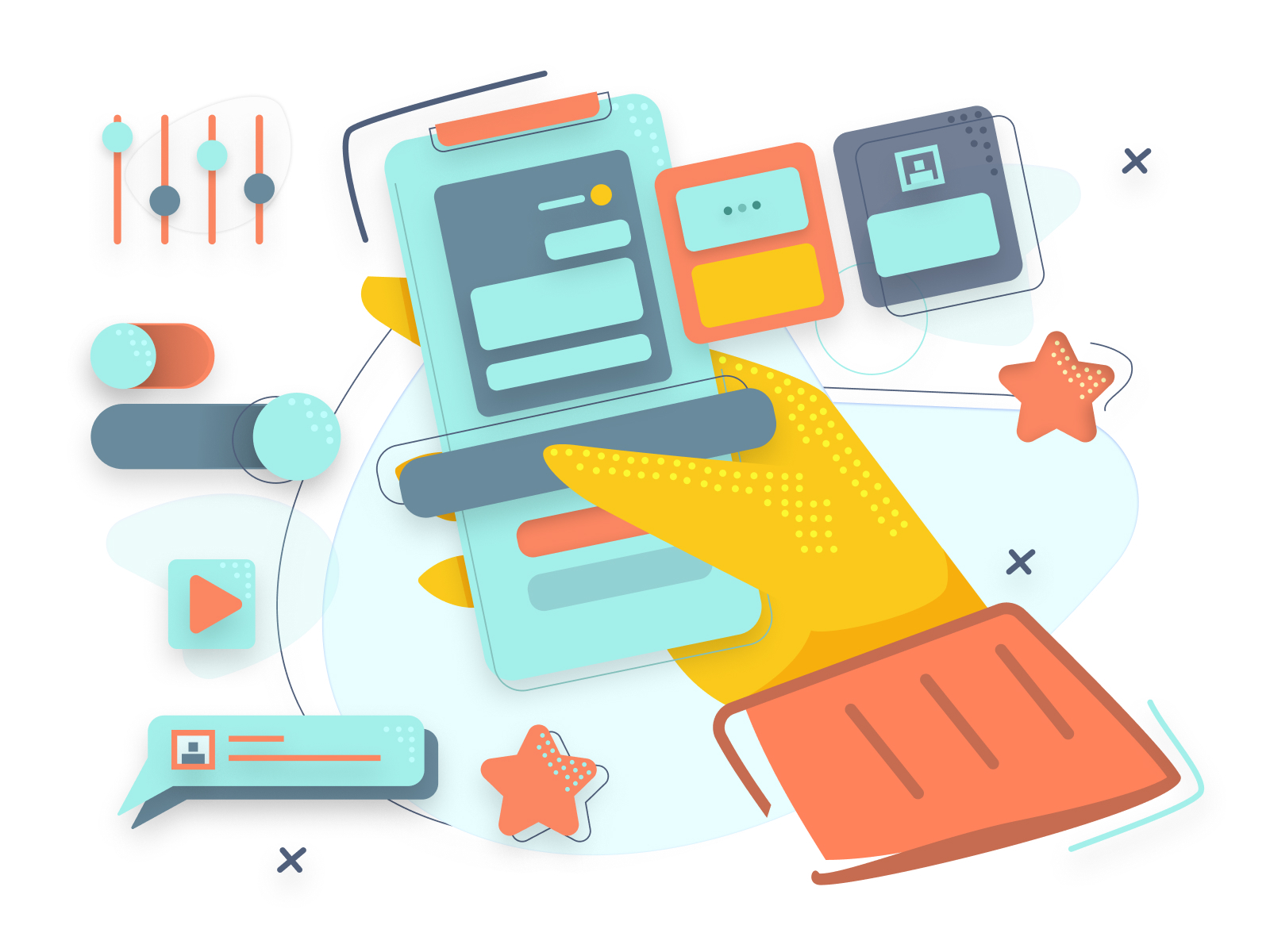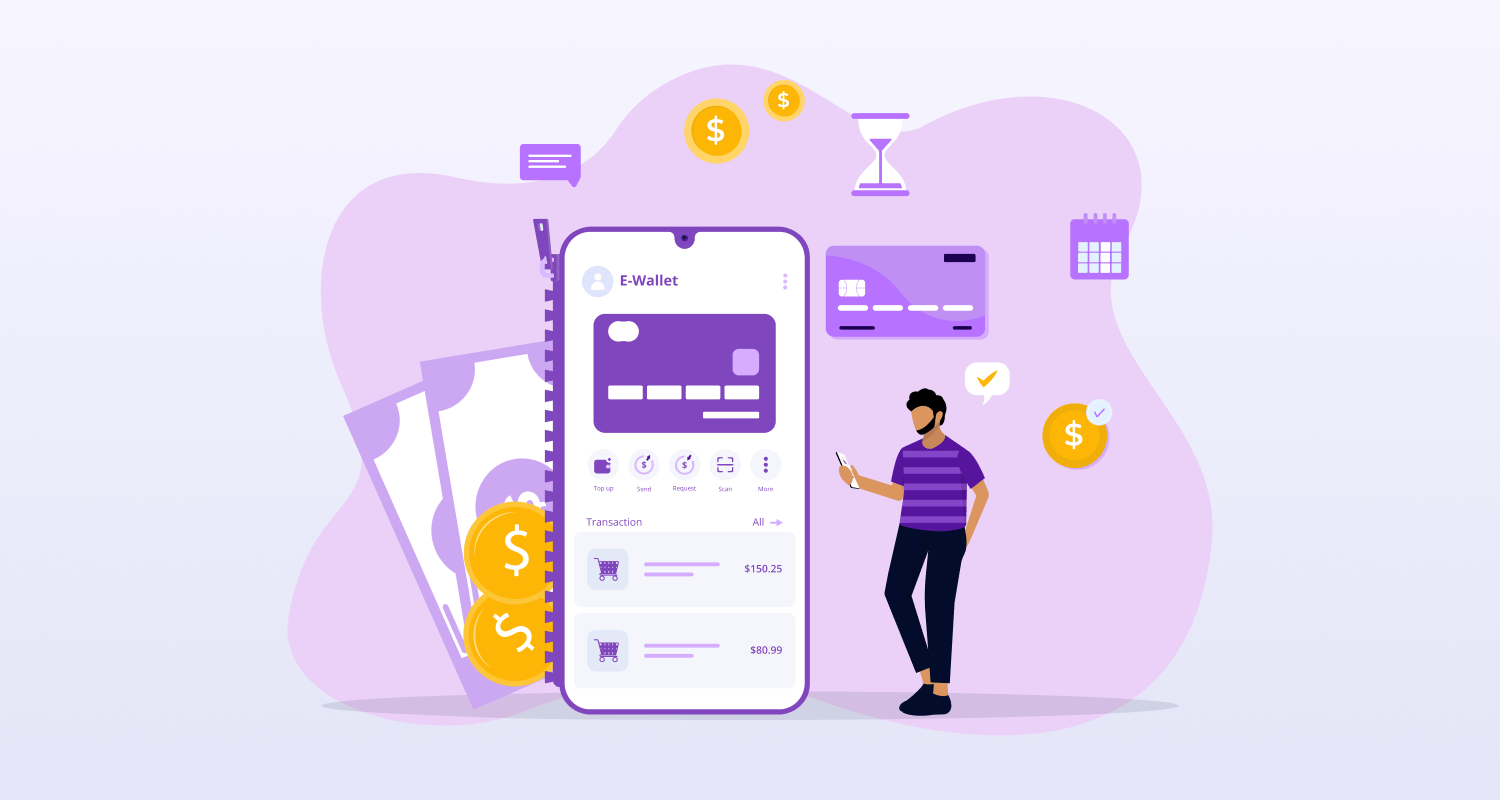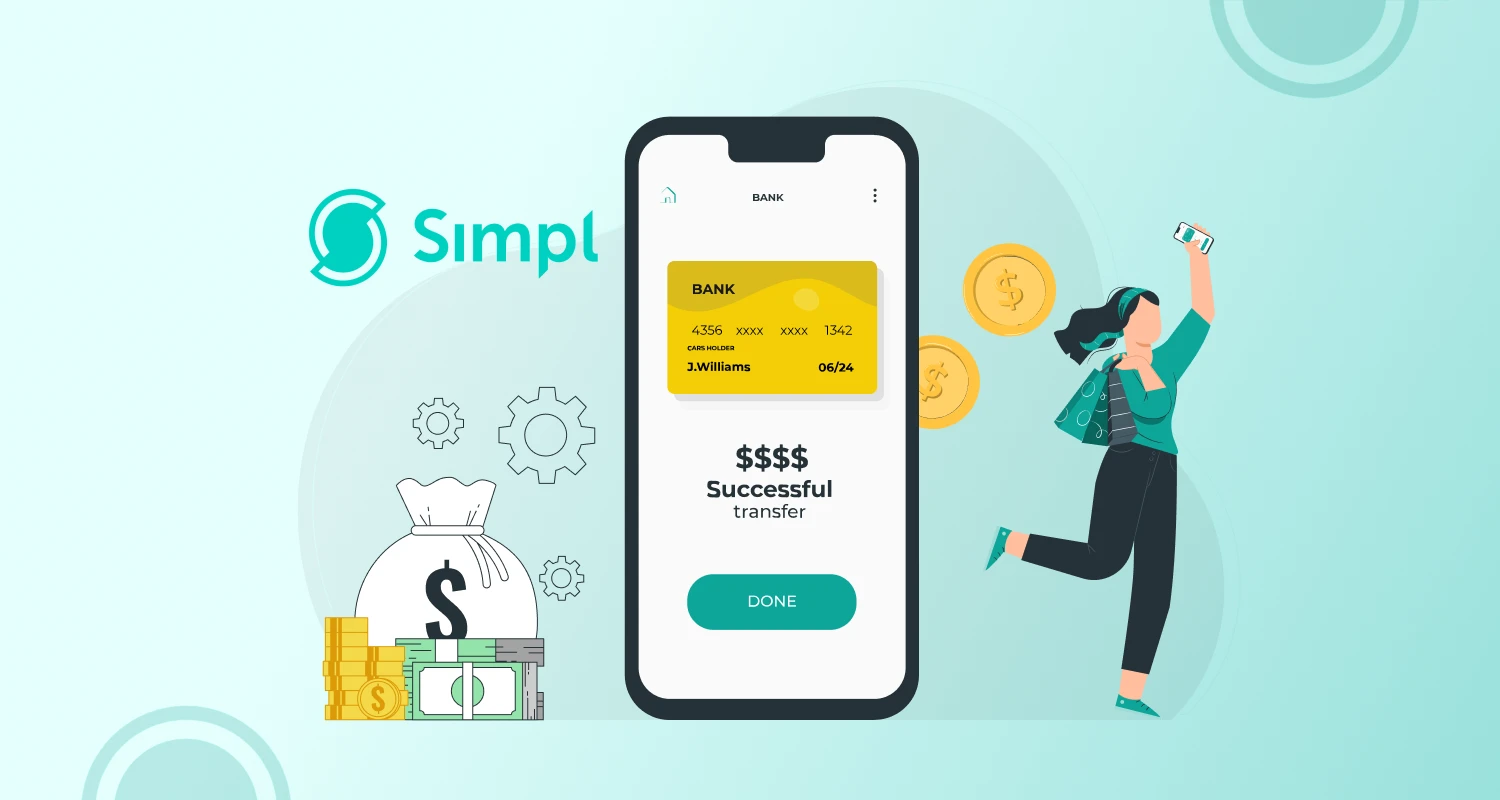While technology is essential for all, strategies to adapt tech solutions will vary from big to small companies. The startup technology stack choices or the selection of technology and tools for startups will vary even more.
The prime focus for a startup to make a strong brand footing with unique customer experience and the choice of technology stack has a big role in it. On the other hand, they can’t afford the technologies that big companies can.
This is why while building an app a startup needs to review all possible angles and aspects. Some of the key decisions and evaluation steps include evaluating the app idea, carrying research on market and audience, building a prototype, selecting the technology stack, and deciding the project flow and iterations.
It is probably clear that we are here to provide a guide to developing technology roadmaps. Let’s dive into explaining all these key stages of product development and decisions in a project.
Evaluating The Idea
Every app idea is basically a solution to one or multiple customer problems. How efficiently and easily the app solves the customer problem, that becomes the deciding factor for the success of an app.
Naturally, you need to evaluate the app idea first. You need to ask whether the problem is really something that demands a solution.
You also need to evaluate whether there are other app solutions for the problems and what are their pros and cons.
Lastly, you need to evaluate whether there are enough market opportunities and demand for a better solution to the problem.
On the basis of this evaluation, you can have a clear idea about the startup technology roadmap and unique solutions or enhancements of existing ones that your new app needs.
Read More: Why Your Startup Should Invest in UX
Carrying Out Research On Target Audience and Market
While the basic idea evaluation will help you measure the relevance and opportunities for your app solution, you need to go deeper and know more about the users who are going to use your app.
As a startup, you can just enter an existing market or can concentrate on new markets or you can choose to create a new market niche with a pioneering app solution. So, you need to know about your target audience and market.
Question is, how a startup can do audience and market research. Well, there are several key ways to go about it.
Here we provide some time-tested measures and procedures.
You need to create a user persona referring to the gross characteristics of the personality of the target user.
- Ask who needs your app most.
- Define the demographics of your persona including gender, age, and socio-cultural attributes.
- Know the online behavior, taste, preferences, and attention span of the target user.
- You need to have a clear idea about their dislikes and potential pain-points.
Getting a gross idea about the audience of your competitors is another important aspect of knowing the target audience.
- Go to the social pages of your competitors and get an idea from the user profiles interacting with them.
- Visit competitor websites and follow and content and interactions to have an idea about the type of audience they are catering to.
- Read the user testimonials and user reviews across all digital footprints of the competitor brands.
Finally, you can also take the help of professional market research to know about the target audience and customers. Market research firms following time-tested methodologies and covering a broader area of online solutions, give you the most relevant insights about the target audience as well as market opportunities.
Creating The App Prototype
For designing an engaging user interface and user experience it is extremely important to evaluate your design decisions through a prototype.
A successful project relies heavily on building a successful and actionable prototype that explains the design decisions elaborately.
The prototyping of an app should start with a basic wireframe or sketches of the app screens.
This will create a visual map or layout accommodating all menu buttons, CTA, and other interactive elements. The wireframe will give a basic idea of the app UI and the way it is going to work.
The next and obvious step is to use any of the most acclaimed prototyping tools to give visual shape to the app UI and UX along with all interactive elements.
You have several credible and popular prototyping tools in the market including Balsamiq, Moqups, FlairBuilder, and several others.
Deciding About The Tech Stack
Now that you have a clear idea about the audience, target market, key features, and design elements, it is time to decide about the technology stack for your app solution. For any software development company, deciding the technology stack is of prime importance.
Once again, take one hard look at the key features defining your app product and the benefits it offers. You can decide to drop a few less relevant or fine-tunes by adding a few more.
Now, you have to decide whether you want to go for building the complete app with all features and UX attributes at one go or building an MVP app with basic features and UX attributes to start with.
When it comes to choosing the right technology stack comprising development environment, platforms, frameworks, and tools, you need to consider several aspects like the budget, available resources, and human capital, the pros, and cons of outsourcing or in-house development, etc.
Here are the key elements of a technology stack that you need to decide on.
- Consider the OS and device platform for the app such as Web /Mobile/Tablet/ and iOS/Android/WebView.
- Decide all the features for either a full-rollout or an MVP app.
- Decide the development environment, frameworks, and tools for the app project.
- Decide the testing and QA tools for your project.
- Make a detailed document describing the features, value propositions, and technology stack of the project.
Read More: 7 Exemplary Food Startup Ideas That Can Win You Big Business
Deciding The Project Flow and Iterations
Now that each and every building block for the entire app project is finalized, you need to create a roadmap for the execution and accordingly plan resource allocation on the basis of project priorities.
You need to decide about the duration of development for each feature and project element and accordingly maintain resource allocation and timeline.
When deciding about the project flow, make sure you have established processes to allow iterations and value additions during the development.
If you have opted for agile development, incorporating iterations can be very easy to achieve the intended project outcome.
Conclusion
All these deciding factors and stages in a startup tech project are tested and tried enough across a multitude of successful app solutions across the spectrum. No wonder, these stages, and decisive steps helped shape too many startup projects across the niches.











